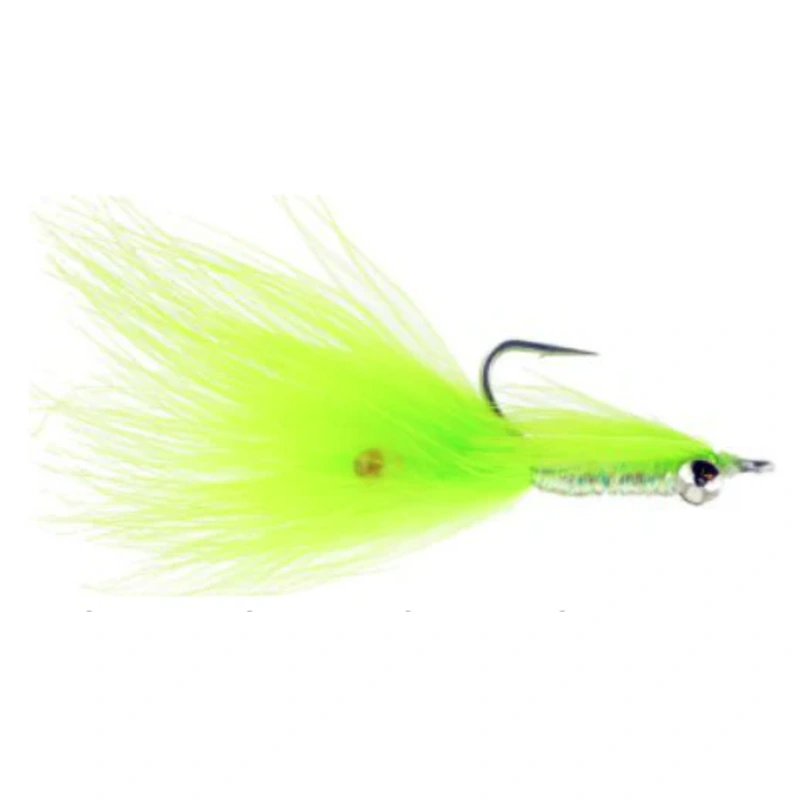Description
“The original Black Beauty was invented in the early 1990s to imitate the heavy concentrations of midge pupae found in tailraces below deep, bottom-release reservoirs.
Dont let the simplicity of this pattern fool youit consistently fools selective trout all over the United States.
While the original Black Beauty performs extremely well, adding a clear, silver-lined glass bead (Mercury Black Beauty) or combining a silver-lined glass bead and some Mylar tinsel (Flashback Mercury Black Beauty) increases the natural translucency when it comes to imitating an emerging pupa.
A tungsten Bead Head Flashback Black Beauty (swaps the silver-lined glass bead for a black tungsten bead) has the same goals in mind, but has a quicker sink-rate and works well for dry-and-dropper applications.
In its embryonic form, the Black Beauty had no name, it was just a generic black midge pupae that had earned a spot in my fly box because it was easy to tie, durable, and most importantlyit consistently fooled hard-fished, selective trout.
In March 1992, Bob Saile, Scott Ratcliff, and I named this pattern after a memorable trip on the Blue River near Silverthorne. On that day, Saile landed an 8-pound rainbow on my black midge pupa in a deep slot right below the I-70 bridge.
Sailes rainbow measured 26 inches and had an 18-inch girth. It was an impressive rainbow to say the least!
Ratcliff and I had a day to remember as well; we also fooled some quality that day on the black midge pupa. On our way home from the Silverthorne-area, Ratliff said, We really caught some beauties today. You ought to call your little black midge pupa the Black Beauty. The name stuck, and the rest is history!”
– Signature Tyer Pat Dorsey




